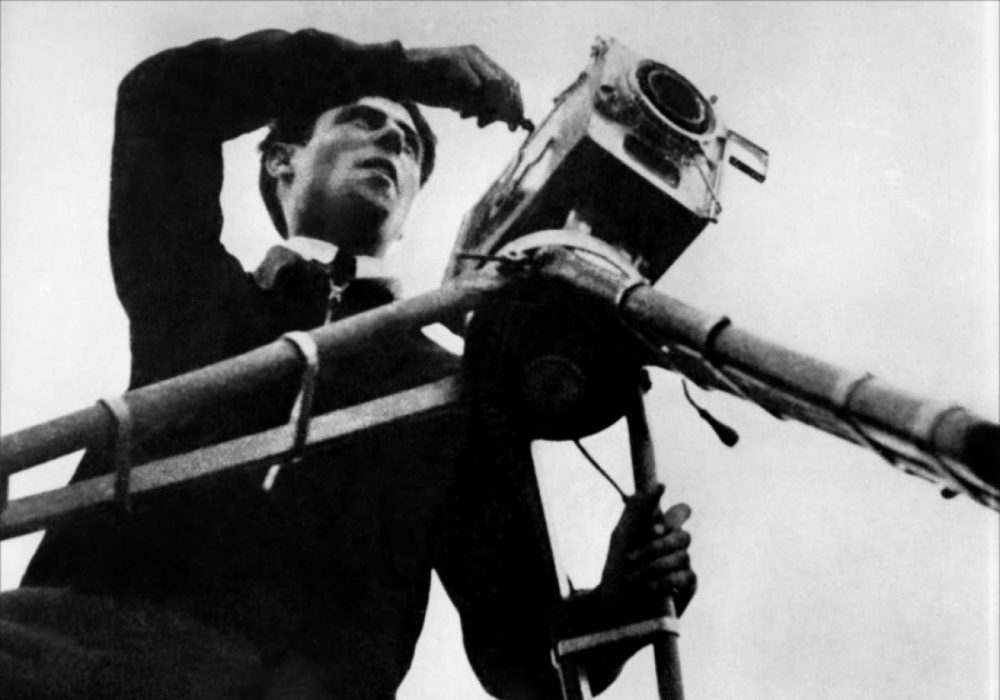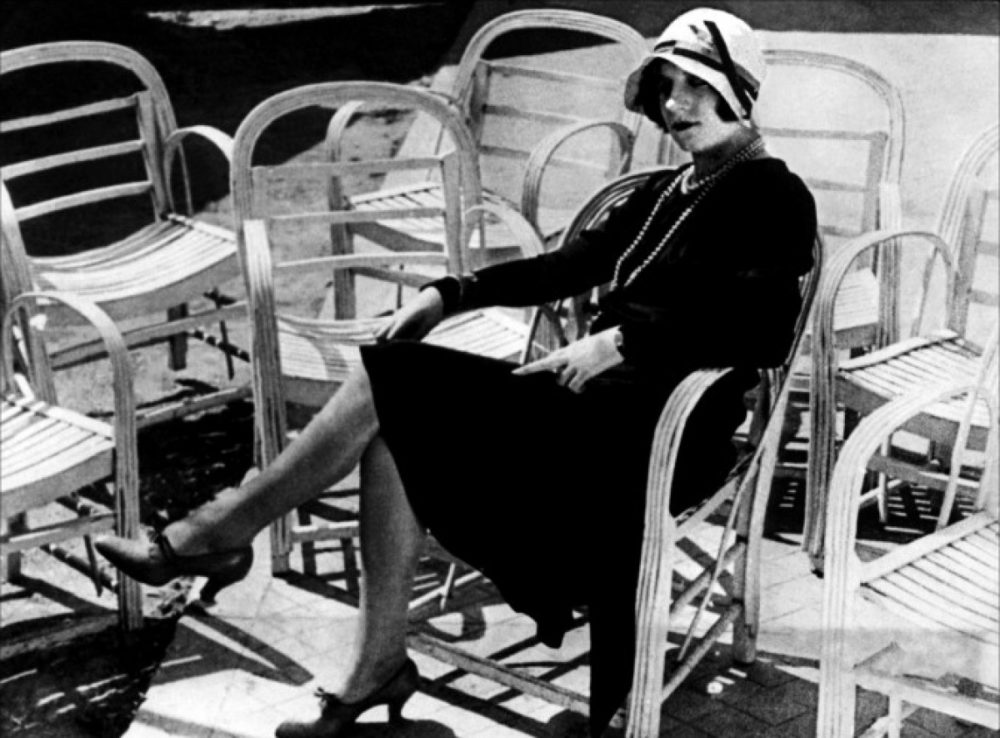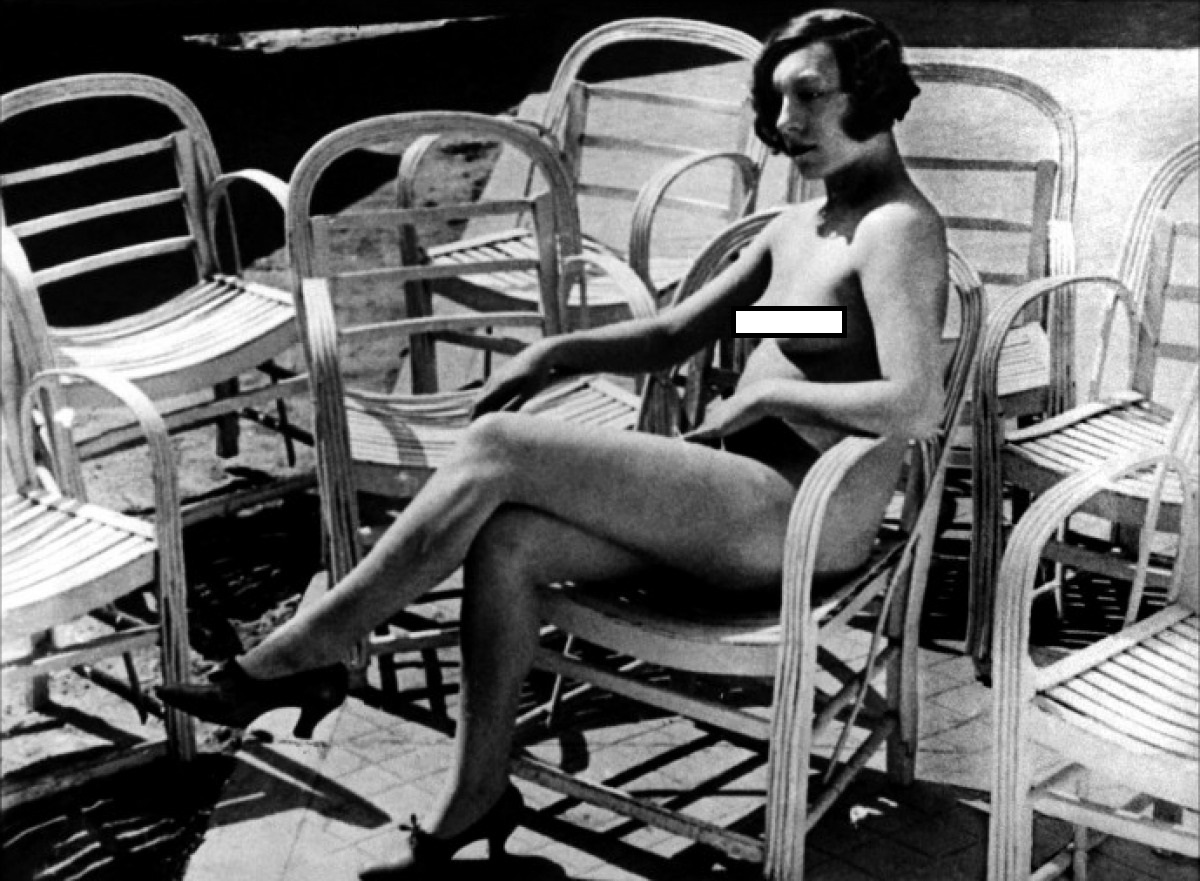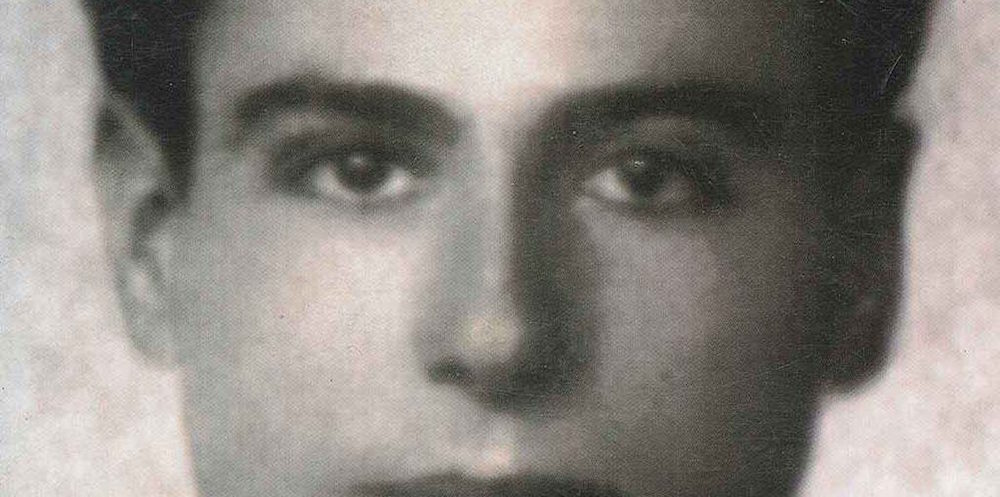100 Greatest Filmmakers
#99
Jean Vigo

French film director Jean Vigo’s career in film was very short. He made only one feature-length film and three short films in a four-year period. Vigo died in 1934 of complication from tuberculosis at the age of 29. From childhood, he was never healthy but that never prevented him from pursuing his dream of filmmaking. Plus, despite his relatively short time on this earth, he would serve as a powerful source of inspiration for a number of French filmmakers, including the ones of the New Wave.
From the Beginning
Jean Vigo’s own story is as intriguing as any he told on film. Wikipedia provides the biographical beginnings of Mr. Vigo –
“Vigo was born to Emily Clero and the prominent Catalan militant anarchist Eugeni Bonaventura de Vigo i Sallés (who adopted the name Miguel Almereyda – an anagram of “y’a la merde”, which translates as “there’s the shit”). Much of his early life was spent on the run with his parents. His father was murdered in the infirmary of Fresnes Prison on the night of 13 August 1917. The Gomes biography of Vigo says that a common criminal named Bernard, who had been put in charge of keeping watch over the sick prisoner that night, supposedly approached Almereyda’s bed while he slept, and used shoelaces to garrotte his victim.”
Vigo would be passed between various homes. As he became more interested in film, Vigo would acquire his father’s taste for politics. He would also acquire his father’s leftist viewpoint and set about making the French élite aware of their wrong-doings. His first film, A propos de Nice, is an abstract look at the city. It challenges the viewer to filter out the truth of the façade of civilization. According to the book The St. James Guide to Film Directors, “The movie attempts nothing less than the restructuring of our perception of the world by presenting it to us not so much through a seamless, logical narrative, but rather through a fast paced collection of only tangentially related shots.” (P. 530)

Vigo vs. The Surrealists
Vigo put the surrealists on notice that even the abstract could not survive intact. It was every bit as guilty of bourgeois idealism as the establishment. But Vigo’s poor health was holding the director tightly in its grasp and would not let go. He would make three more films. Two of them Zero de conduite and L’ Atalante would far exceed Luis Bunuel’s early work and make Vigo’s death all the more tragic.

[display-posts posts_per_page=”5″ orderby=”title”]





